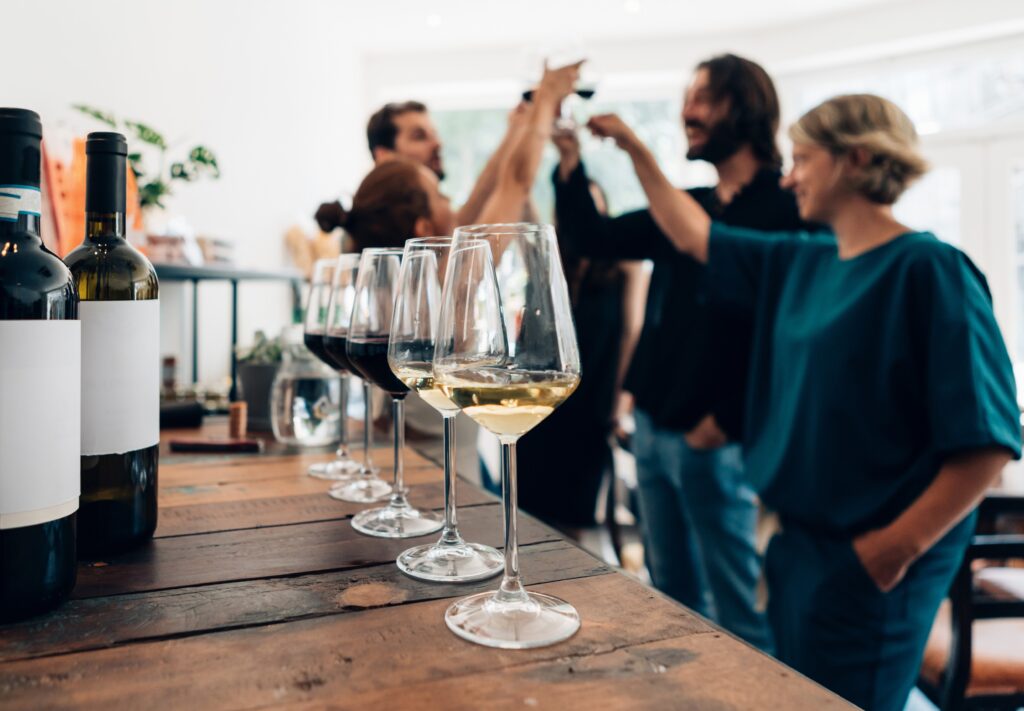The booking of the venue will be one of the most costly elements of your event. Renting out a huge space for a day isn’t cheap, especially when you add all the bells and whistles on top of the base price. This is why it is absolutely essential that you come prepared with a list of questions to ask to ensure that this is the venue that will best accommodate your event. This might mean that you will have to ask a lot of questions, but it’s better to spend a little longer in a meeting than to waste many more hours and dollars in the event that the venue cannot deliver on some things that are essential to your event. Here are some important questions to ask a venue before booking:
1. How much would my event cost?
Obviously the big question here is: what’s the price tag? Does the venue fit well into your budget? Is it going to be a stretch to afford? Usually, the price that a venue advertises upfront is just the base price, then they’ll start hitting you with all of the packages and upgrades during the welcome meeting. You really need to gauge whether or not these extras and upgrades are worthwhile, or if they’re just trying to sell you stuff you don’t need.
2. Do you have the dates available that I want?
Another extremely important question to ask upfront is whether or not the venue is available to book on the days you need it. If not, the meeting can end right then and there, and you don’t have to waste any more time. Do keep in mind however that you may want to have some flexibility. Come in with three or four dates in mind, just in case.
3. What’s the maximum capacity of the venue?
If you’re planning on having a large number of guests, it’s important that the venue is legally and safely able to accommodate everyone. Add some cushion onto your estimated number as well, to account for plus ones. It’s better to plan for larger numbers than you reasonably anticipate than to have to turn people away the day of. If you’re going to be pushing it, it might be in your best interest to look at other venues that will be able to host more guests.
4. How much time do we get at the venue?
How many hours do you anticipate for your event to last? How much time will you need for set-up? Clean-up? Make sure your booking includes plenty of time for the event, as well as the time needed before and after to set up and tear down. The last thing you need is to be stressing out about having enough time to decorate properly or feel like you have to rush your guests out the door when the party is over.
5. How much is the deposit?
Venues usually take a deposit to hold your date for the booking so that in the event that you have to cancel, they don’t lose money. It is important to find this out so that you can factor it into your budget. However, if you’re even the slightest bit iffy on whether or not the event will come to fruition, consider choosing a venue with a more forgiving cancellation policy.
6. What’s your cancellation policy?
Speaking of cancellation policy, you should also ask about those details. Typically, the amount you are refunded will depend on how far in advance you give notice of cancellation. The closer to the date you cancel, the more you will owe the venue. Luckily, a lot of venues allow you to transfer a portion or all of your deposit towards a different date in the event that your original date is not going to work out.
7. What kind of restrictions do you have?
Are there any noise restrictions? Decor that is off-limits? Food or beverage minimum (or maximum)? Make sure you know what kind of restrictions the venue has before booking, as you don’t want to accidentally break any rules.
8. Is there a list of approved vendors or can I provide my own?
Often times, a venue will partner with certain catering companies or other service providers and encourage clients to book services through those approved companies. This list reflects businesses that the venue has deemed to meet their standards in terms of quality. However, if you have, say, a favorite flower company you want to use, you should ask the venue if they will allow an outside vendor to work the event.
9. What’s the catering situation?
Certain venues have their own internal catering companies, and won’t allow outside food. Make sure that if you want to use a particular catering company, you ask first.
10. Do you have liability insurance?
If an injury or damage occurs (knock on wood), you don’t want to be held responsible, and neither does the venue. So if they don’t have liability insurance, you’ll want to get your own. This will provide protection in the event of injuries, property damage, alcohol-related incidents, etc. It will also cover you in case of unpredictable illness, bad weather, no-show vendors, etc. Having liability insurance will put you at ease.
11. What’s the backup plan for inclement weather/unforeseen circumstances?
Is the venue adequately prepared for unforeseen circumstances and emergencies? Ask about how they handle hiccups and what plans are in place to ensure your event will go smoothly, even if obstacles pop up.
12. Who will be my main point of contact?
Finally, you will want to know who you can count on to guide you through the process and answer any questions if they arise. It sounds petty, but if you’re not the biggest fan of this person, you may want to reconsider the venue or ask if there is another person you can communicate with. It may sound silly at first, but you might be regretting signing up to be in constant communication with someone you don’t mesh well with, especially when you’re trying to plan an event together.
Ask, ask, ask away!
Don’t feel embarrassed to ask lots of questions. The person who is booking you will expect it. Plus, they have a stake in your satisfaction with the process, and they’re there to help. Talk to them, take notes, and spend time really mulling over each response. Trust us, there’s no such thing as too many questions when it comes to booking a venue!



